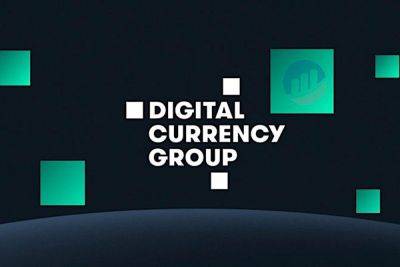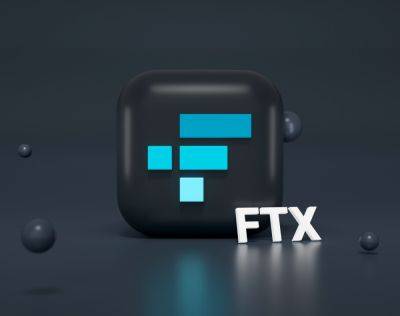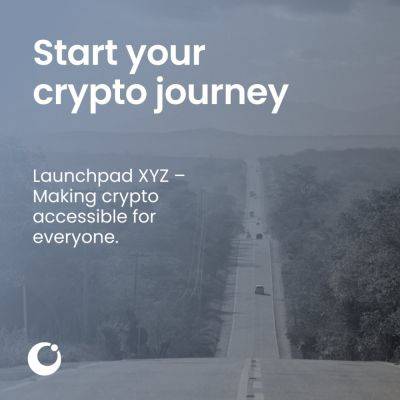Global access to Web3: Understanding cultural differences
While crypto was invented to provide an alternative to the traditional banking system, converting to and from fiat currency is still necessary in many cases. And depending on local regulations, the policy of your bank, and even different cultural standards, your experience can vary greatly. So, what is the path forward to improve this situation around the globe?
The origins of Web3 are rooted in the pursuit of freedom. Bitcoin has historical ties to the cypherpunk philosophy, which represents a movement to empower individuals in a radical way: Wherever you are in the world, you can become your own bank to achieve sovereignty, anonymity and freedom.
In this way, blockchain technology can be seen as building blocks for a decentralized, borderless, permissionless, immutable and censorship-resistant future.
But whether to protect consumers from scams or to protect their vested interests in the current financial system, regulators worldwide have been cracking down on blockchain investing. As a result, many banks are making it difficult or even impossible for their customers to access crypto on/off ramp platforms.
Some countries like Egypt are afraid to lose track of digital assets in light of threats from organized crime and terrorism. So, these governments simply prohibit on-off ramp access.
But if Monero is the exception that proves the rule, the vast majority of crypto assets are more traceable than cash. And while both legitimate businesses and criminal enterprises continue to exploit tax havens and loopholes, sanctioning everyday Web3 investors appears to be a higher priority for many regulators compared to holding major tax evaders accountable.
Of course, each government around the world has a different relationship with
Read more on cointelegraph.com





















